
Pictured above: BC Institute of Technology instructor Marcel Studer (centre) and an all-Heiltsuk construction crew in front of one of the Nation’s new Tiny Homes.
In the Heiltsuk Nation’s central home of Bella Bella, nestled on the pristine and wild west coast of British Columbia, eight new and nearly identical tiny homes sit proudly in a row. At just 384 square feet, each has a shiny red metal roof and is clad in local, Heiltsuk cedar. And each houses a Heiltsuk community member, new occupants who up until recently had limited and substandard options for housing within their home territory.
The tiny homes are the product of a community-led research collaboration between Heiltsuk Nation, UBC’s Faculty of Forestry and School of Architecture and Landscape Architecture (SALA), Builders Without Borders and FP Innovations. Four years in the making, they are part of a larger housing strategy by the Nation to provide sustainable, healthy, culturally appropriate housing for a growing population. Built by an all-Heiltsuk construction crew trained in the latest energy-wise building technologies at the BC Institute of Technology’s Zero Energy Buildings Learning Centre, the houses stand in stark contrast to the mold-ridden and energy inefficient reserve houses they will replace.
Travel inland, a little more than 500 kilometres east as the crow flies, to reach Tŝilhqot’in territory where another community-driven housing collaboration with UBC is underway. Here, the Yuneŝit’in government is working in collaboration with UBC SALA to co-design a wildfire resistant housing prototype that the Nation will then replicate. With a design inspired by traditional winter ‘pit’ houses, the wildfire homes will incorporate modern features that ensure energy efficiency and resistance to fires and climate change. For example, the design team is considering the use of hempcrete–a hemp based aggregate–for the building envelope. This collaboration was in its early stages when the pandemic hit, but has continued to move forward virtually. In June 2021, a video demonstration of the house design was presented to Yuneŝit’in community members at a virtual community information session:
Both projects were supported by the Community-University Engagement Support (CUES), a fund launched as a three-year pilot in 2017/18 and administered jointly by UBC’s Community Engagement and Vice-President Research & Innovation (VPRI) offices. CUES supports reciprocal, community-driven collaborations that advance the needs of community partners while advancing research and affording learning opportunities for scholars. Available in two streams, an ‘Explore’ stream for new partnerships, and a ‘Sustain’ stream for ongoing ones, funds are paid directly to community organizations working in collaboration with faculty, students or staff at both UBC campuses. This makes the CUES fund unique, as most support for research and learning collaborations is targeted to the academic partner.
“Providing the funds to community partners aligns with the fundamental principles of community engagement,”
“Whereas every funded CUES project is a true partnership between community and academia, the interests of community partners is what sets the course for action in CUES projects,” explains Katie McCallum, Manager of the Community Engagement office. “Communities are equal collaborators, decision-makers and, importantly, resource holders.”
To date, CUES has supported 54 projects, providing more than $1.2M in funds over three years. Projects are incredibly varied; there are initiatives that pair peer advocates with Vancouver Downtown Eastside residents struggling with substance use challenges, art and language collaborations with Indigenous community partners, and activities aiming to combat racial discrimination and to mitigate the impacts of climate change. One year, researchers from UBC’s departments of English Language and Literatures and Theatre and Film partnered with the well-known Bard on the Beach theatre company to modernize an obscure play written in 1588. Another year, the Institute for Community Engaged Research at UBC Okanagan worked with farmers in the Valley to support the growth of the local food economy. And in its most recent cycle, researchers in the Faculty of Medicine and School of Population Health are working with Vancouver-based charity GenSqueeze to aim to ensure that future government budgets reflect the needs of younger generations.
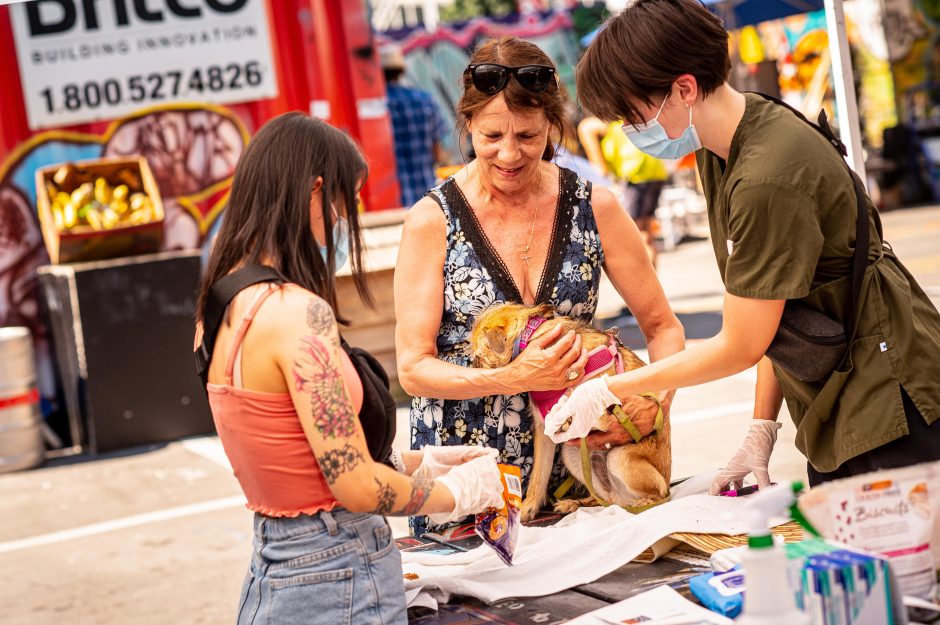
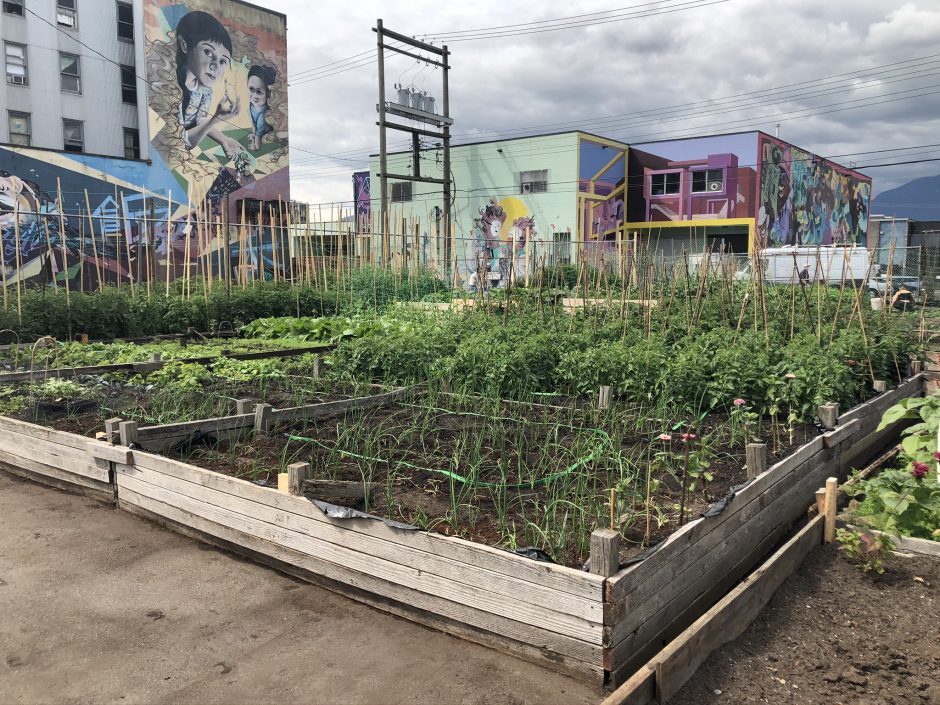
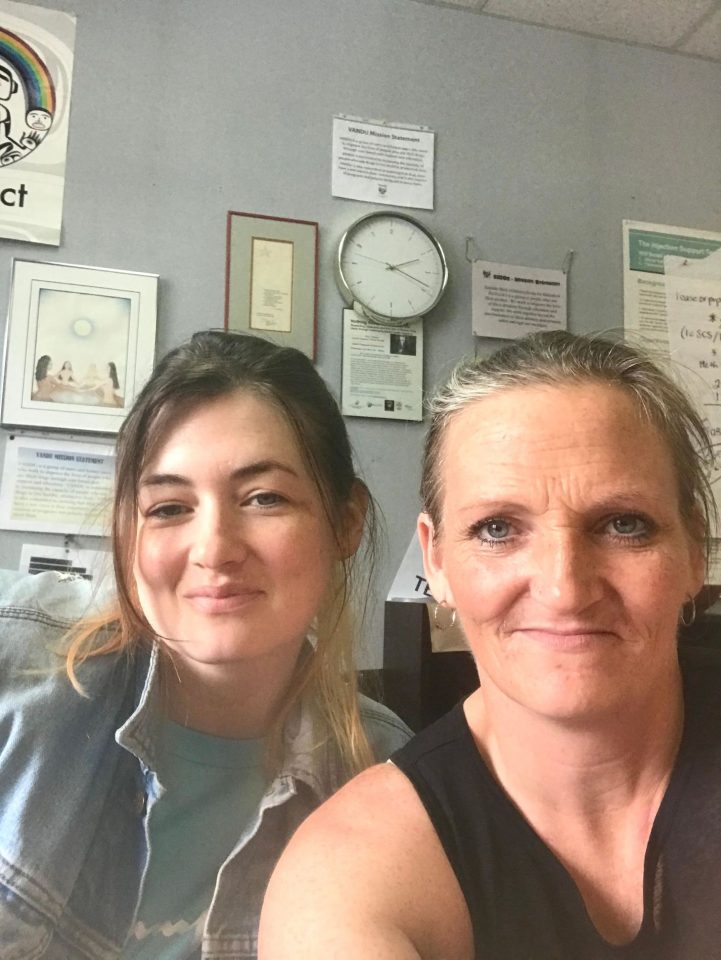
“The level of interest in the fund, and the diversity of projects, has been consistently remarkable,” says Les Grad, Manager of Strategic Initiatives with the VPRI office. “CUES supports everything from arts and humanities partnerships, to collaborative health initiatives, to community-led marine science. It’s been amazing to see just how much engaged scholarship is taking place at UBC.”
“CUES supports everything from arts and humanities partnerships, to collaborative health initiatives, to community-led marine science.”
Communities that have applied for–and received–CUES funds are also diverse. Available to registered Canadian charities and other qualified organizations, the fund has seen applications from groups serving youth and Elders, the LGBTQ2S+ community, Vancouver’s urban population, specific racialized groups, the general population and more. Nearly half of all funds have gone to Indigenous community partners collaborating with UBC on projects ranging from language revitalization to land stewardship; traditional wellness to housing.
Lerato Chondoma, Associate Director of the Indigenous Research Support Initiative (IRSI) within the VPRI portfolio, explains how CUES has supported Indigenous community-based research partnerships. “Meaningful engagement with Indigenous partners is based on relationships, and relationships take time,” says Chondoma, who helped facilitate both the Heiltsuk Tiny Homes project and the Yuneŝit’in Wildfire Housing initiative. “When grants have strict and limiting parameters—such as tight timelines or inflexible reporting requirements—those things can be detrimental to both the relationship and to a collaboration’s overall success. The flexibility of the CUES fund is a great asset in doing this type of work.”
As the pilot program comes to a close, staff in the Community Engagement, VPRI and IRSI offices are looking for ways to improve and expand the fund, including consideration of creating an Indigenous-specific CUES. “We hope to continue to develop equitable fund processes and expand available resources to reach more community organizations and support more projects,” says CUES Manager Zoé Kruchten. “For each application we’ve supported, we needed to turn away three. That’s been very difficult to do because, in the time I’ve been in this role, every project has been worthy of support. I am continually amazed at what community-university partnerships can achieve with reciprocal support. Now the task is, how do we continue doing this. ”
CUES by the Numbers
Since CUES launched in 2017…
- Total funding awarded: $1,234,555
- Community groups funded: 54
- Indigenous communities funded: 21
- UBC Faculties represented: 9
Communities served:
- Indigenous
- Children and Youth
- Families
- Racialized communities
- Young adults
- Older adults
- LGBTQ2S+
- Immigrants and refugees
- Downtown Eastside
- General population
Faculties and units supported:
- Faculty of Medicine
- Faculty of Arts
- Faculty of Applied Science
- Faculty of Education
- Faculty of Forestry
- Faculty of Pharmaceutical Sciences
- St. John’s College
- Peter A. Allard School of Law
- Institute for Community Engaged Research
- UBC Learning Exchange
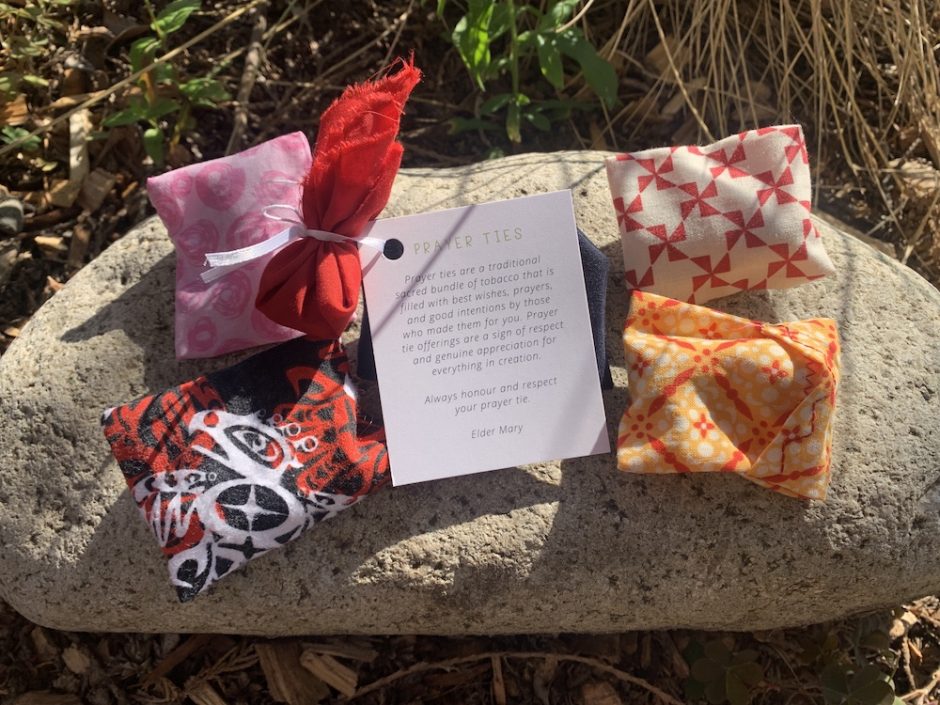
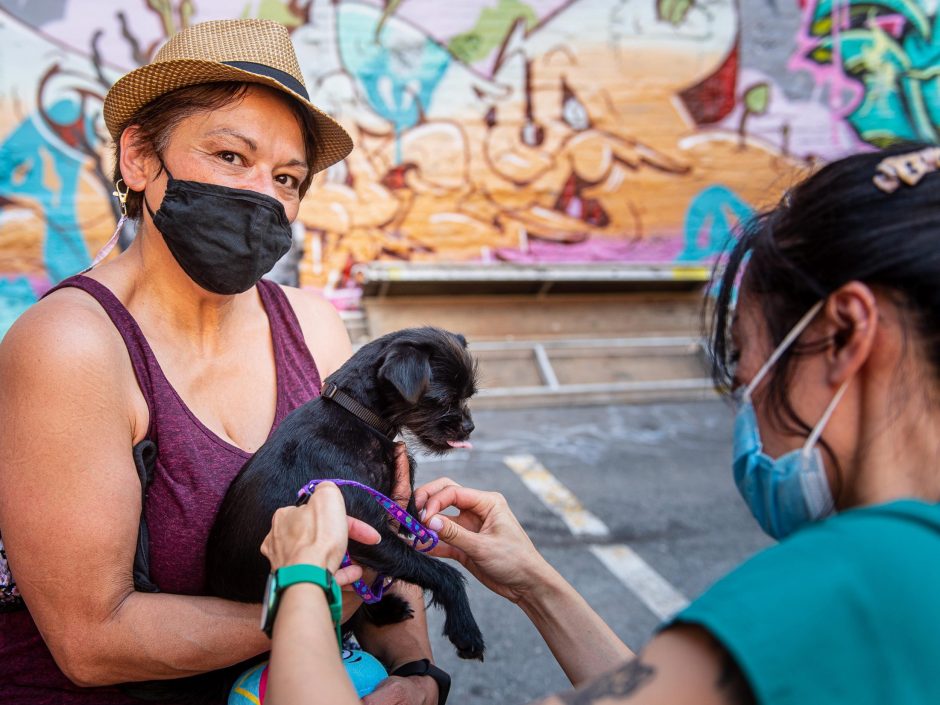
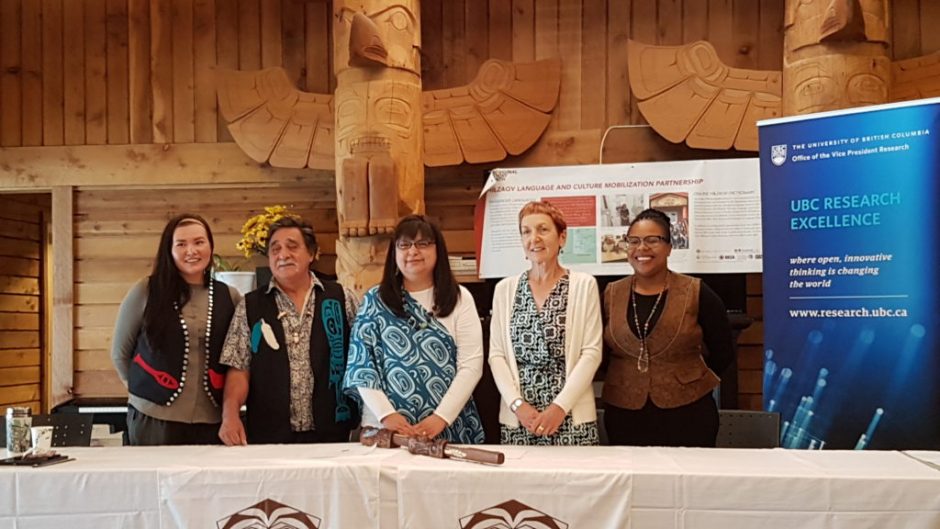
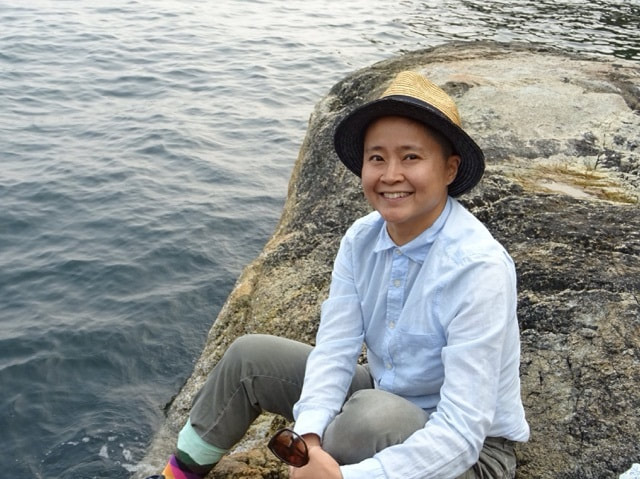
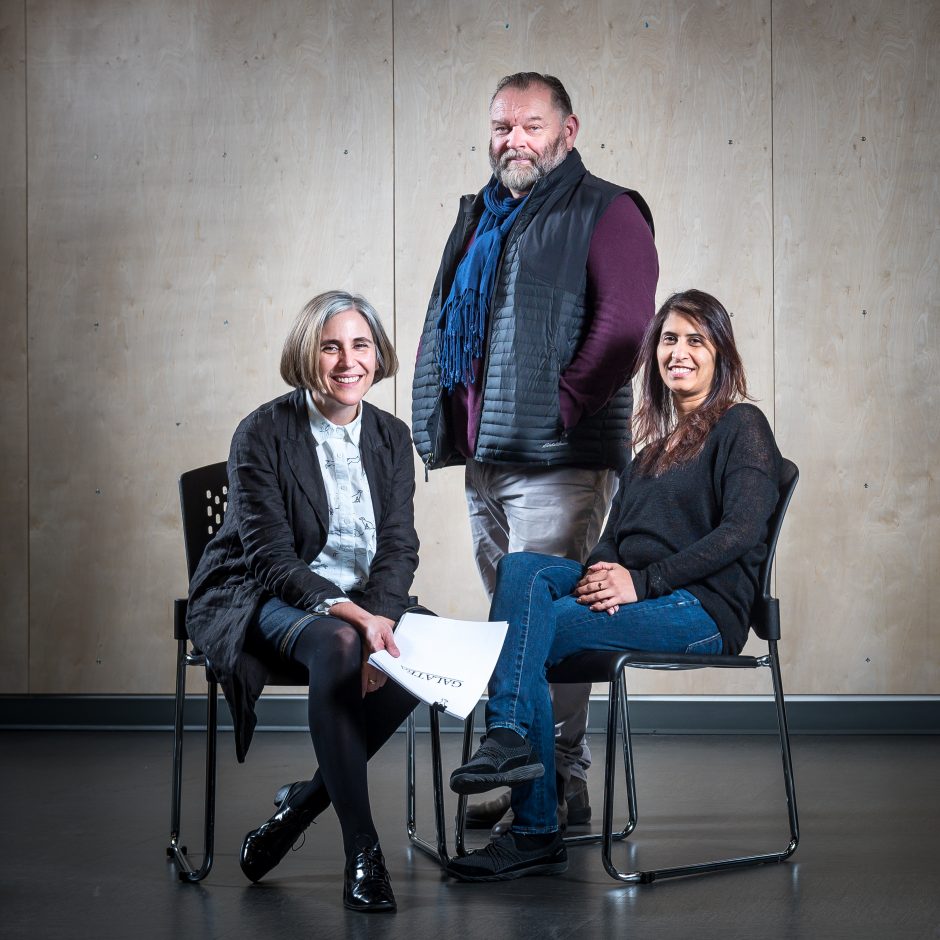
Comments are closed, but trackbacks and pingbacks are open.